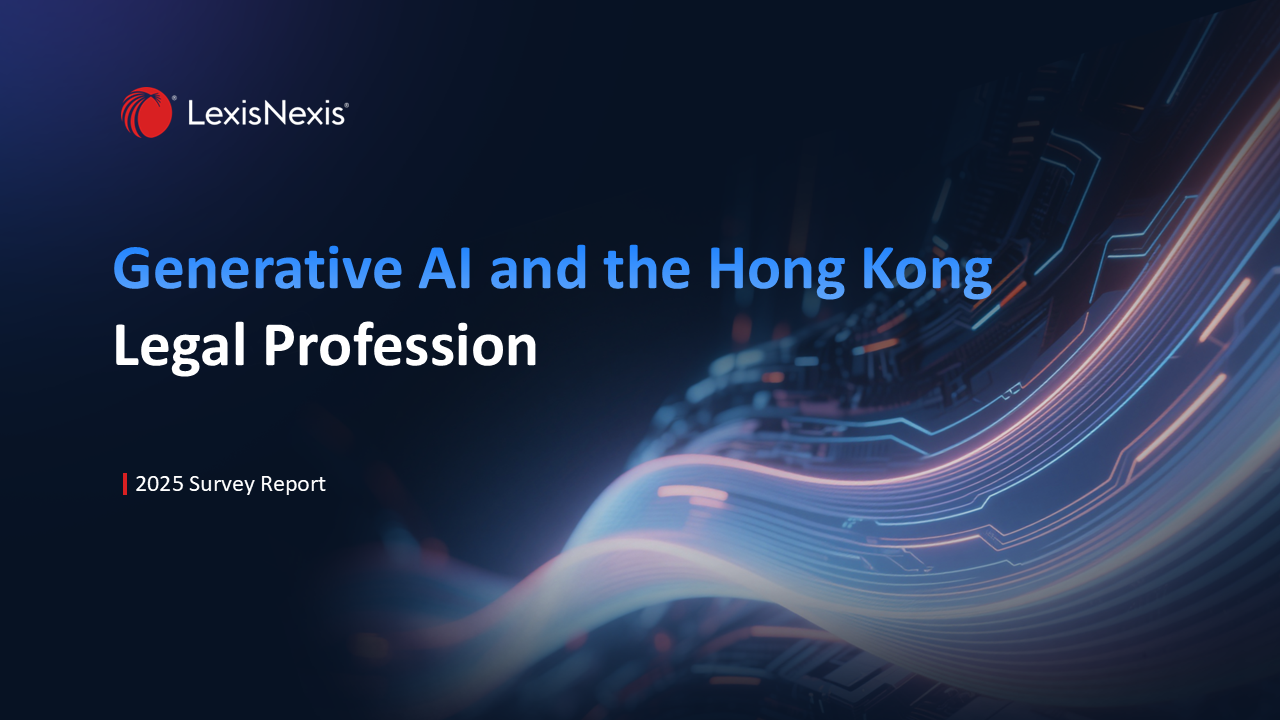Many lawyers approach AI tools with high expectations, only to be met with vague answers or responses that miss the point. The frustration is understandable. Legal work demands precision, context, and...
The Hong Kong legal profession has entered a new rhythm, and AI is no longer an experiment or a talking point. It is a tool that lawyers are now using every day to deliver sharper, faster work, while maintaining...
As global law firms navigate complex regulatory environments and embrace transformative technologies like generative AI, the ability to harness institutional knowledge while fostering innovation has emerged...
Outsourcing client work has become a common yet rarely discussed practice in the legal industry in the UK. This whitepaper delves into the rising reliance on freelance lawyers and explores how law firms...
The emergence of deepfakes is reshaping the legal landscape, raising critical questions about privacy, security, and regulation. In our latest whitepaper, Rolling in the Deepfakes: Generative AI, Privacy...

The Hong Kong legal profession has entered a new rhythm, and AI is no longer an experiment or a talking point. It is a tool that lawyers are now using every day to deliver sharper, faster work, while maintaining the precision and authority their clients expect.
The 2025 Generative AI and the Hong Kong Legal Profession Survey Report makes this clear: adoption is rising, confidence is strengthening, and the profession is learning how to balance speed with substance.

From pilot to practice
Last year, many lawyers were still dipping a toe into AI. This year, almost seven in ten say they now use generative AI in their legal work, with both in-house teams and law firms reporting strong uptake. Frequency has surged as well, and more than 6 in 10 are using AI at least weekly.
This shift signals a profession moving beyond isolated pilots into genuine, repeatable practice.
Where the wins are
Lawyers are turning to AI for specific, high-value workflows. Administrative drafting is already embedded in day-to-day work, with a significant share of lawyers using it to handle emails, memos and routine documents. Document analysis and summarisation are also rising fast, while legal research and drafting are becoming more efficient when paired with human oversight.
Looking ahead, respondents expect document summarisation and legal research to deliver the strongest gains in both speed and quality.

Trust as the foundation
Speed is only meaningful when the result can stand in court or in front of a client. That is why Hong Kong lawyers prize verifiable legal sources. More than 75% of respondents say they feel comfortable using AI only when it is grounded in trusted, authoritative content.
The emerging best practice is a two-step workflow: AI surfaces and drafts, while a qualified lawyer validates sources, records checks, and applies judgment. This blend of speed and substance is quickly becoming the Hong Kong standard.
Client expectations and pricing
The survey also highlights shifting market dynamics. Nearly eight in ten respondents now see AI as having a significant or transformative impact on legal work. At the same time, lawyers note rising client demands (30 percent of solicitors) and increased regulatory pressure (27 percent of in-house counsel).
These forces are pushing firms and legal departments to re-think pricing. Faster turnarounds do not automatically mean cheaper fees. Instead, firms are beginning to frame value in terms of responsiveness, risk management and outcomes.
What’s next
The message is clear: GenAI is here to stay in Hong Kong legal practice. Lawyers who can harness speed and authority will have a distinct edge — not only in efficiency but in client trust.
Complete the form at the end of this page to gain instant access to the 2025 Generative AI and the Hong Kong Legal Profession Survey Report.
Complete the Form for Instant Access
Email: marketing.hk@lexisnexis.com
Telephone number:+852 2179-7888